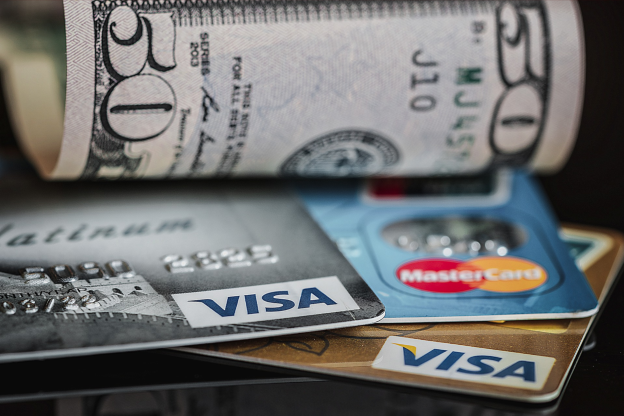A CVV number, also known as a card verification code (CVC), is a three- or four-digit security code that is typically found on the back of credit cards. This number is used to help verify the identity of the cardholder and protect them against fraud.
CVV numbers are also used by merchants to help verify that the card being used is in the possession of the person using it. Online merchants are required by credit card issuers to have customers enter their CVV number for verification.
The CVV number is not stored on your account when you receive a new credit card . It is generally considered an unnecessary security step for online purchases; if someone steals your number, they can use it to make purchases online.
Many people are looking for an answer to the question of how to find CVV numbers on different credit cards. This information may be listed in several places depending on the card issuer, but it is typically not printed directly on the card itself. It is common practice that the three-digit CVV number is included on the back of the card, near or above the signature panel.
For American Express cards, the CVV code is a four-digit number that appears above the imprinted Cardmember name on the front of the card. For Discover cards, the CVV code is a three-digit number located on the back of the card on the right-hand side, above the last four digits of the account number.
According to Discover’s website, some Amex cards have a four-digit verification code on the front of the card. The CVC is not printed directly on Mastercard or Visa credit cards, but it is usually somewhere on or near the signature panel.
If you are having trouble locating your CVV number, you can call your credit card issuer for help. They should be able to provide you with the specific location of the code on your card. Keep in mind that each issuer may have a different name for the CVV code, so it is important to ask specifically about the three-digit code used for card verification.
There are several reasons why you might need to know your CVV code, so it is always good to have this information on hand. You may be asked for it when making purchases online or over the phone, especially if using a credit card. If you do not usually keep track of your CVV code, it’s a good idea to jot down the information on a piece of paper and store it in your wallet or purse.
If you need to find out your CVV number because you lost your credit card, you can start by calling your issuer directly using the contact information found on their website. If necessary, they will be able to look up the number on your file. Keep in mind that if someone finds your card, they will have access to all the information printed on it, including your full account number and address information.
If you are unable to find your credit card or are concerned about the possibility of fraud, contact your issuer immediately. They can cancel the card and issue you a new one with a different number.
Of course, if your credit card has been stolen, it’s important to notify your issuer about the missing card as soon as possible. They can help cancel your card before someone uses it for unauthorized transactions or purchases. You may also want to take steps to reduce the risk of identity theft, such as placing a fraud alert on your credit file.
In today’s world, it is more important than ever to be proactive about your personal security. Knowing your CVV number is one step you can take to help protect yourself from fraud and identity theft.
